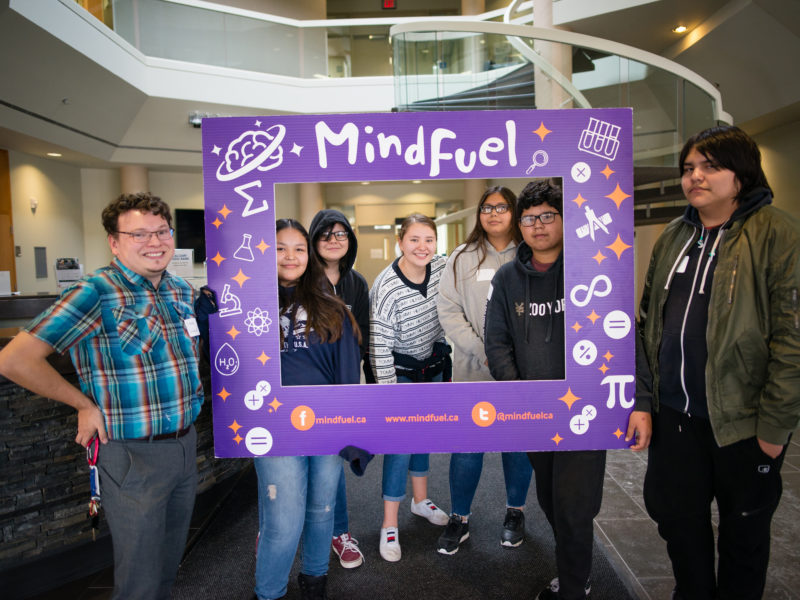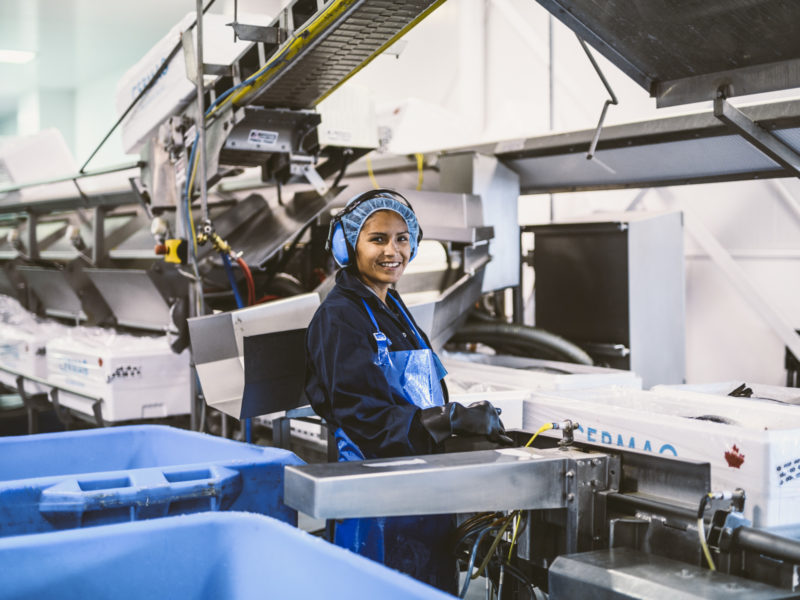Innovation Projects
Project
Taking IT Digital
EntrepreNorth, which has been offering a cohort-based entrepreneurial growth program for Northern and Indigenous entrepreneurs, launched a project to develop an app to support their learners and alumni in building businesses, raising capital and creating impact within their own communities. The project sought to develop an accessible and inclusive business tool that would provide a streamlined way for these entrepreneurs to share and access resources to support the growth and impact of their businesses.
State of Skills
Microcredentials
Microcredentials have attracted significant attention and promotion, particularly from post-secondary institutions. Recently, existing dialogue has accelerated about how to better align educational offerings with industry needs.
Project
Winnipeg Newcomer Employment Hub
The Winnipeg Chamber of Commerce launched the Winnipeg Newcomer Employment Hub (the Hub), as part of its Commitment to Opportunity, Diversity & Equity (CODE) program, to address barriers newcomers face in finding employment.
Project
Addressing Regional Labour Shortages
Despite the labour shortage in forestry management in Canada’s North, there is a lack of innovative and engaging training methods and capacity to deliver reforestation skills to remote Indigenous communities.
To help meet the need for this training, and to make it accessible and more engaging in digital form, the Northern Alberta Institute of Technology (NAIT) created two courses that featured immersive, 360° photos and videos, and a tool kit for instructors who do not have in-depth technical knowledge on how to develop immersive curriculum content.
Project
Tech Futures Initiative
MindFuel came alongside Indigenous communities to address the barriers faced by Indigenous youth in rural and remote communities by implementing STEM and innovation programs for youth.
Project
Practitioner Data Initiative: Building Data Capacity
Blueprint created the Practitioner Data Initiative (PDI), a pan-Canadian project that responds to data challenges nonprofits face.
Project
Development of a National Agriculture and Agri-Food Workforce Strategy
This project set in motion a series of initiatives aimed to generate the necessary insights and evidence required to develop a national workforce strategy for the Canadian agriculture and agri-food sector.
Project
BOLD: Better Outcomes for Laid Off Displaced Workers
Piloting alternative approaches to workforce adjustment, where support can be put in place even before a layoff happens, can confer significant benefits not only on affected workers but also the company and local community.
Project
Digital Transformation of Employment Programming
The project tested digital infrastructure for online employment programming consisting of professional development/employment training content delivered through e-learning courses.










